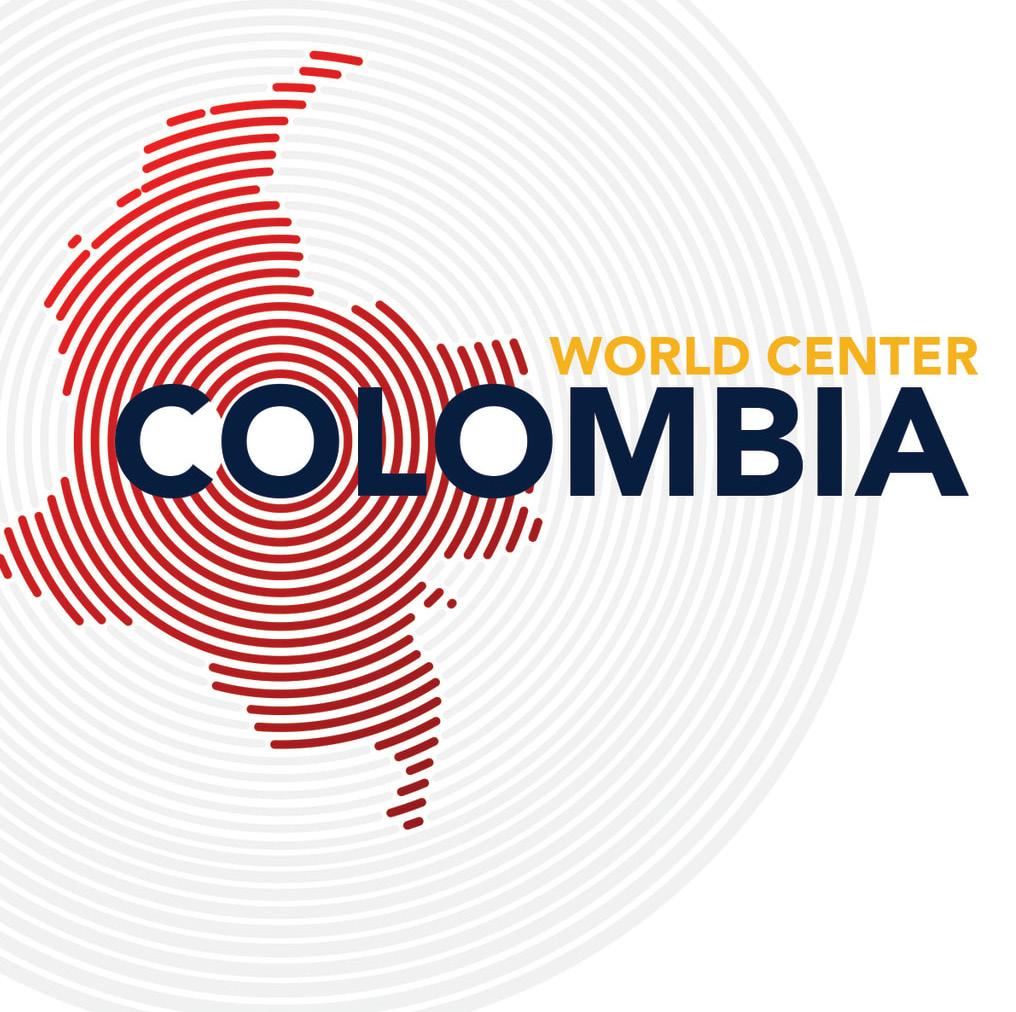
2 minute read
Global Initiatives
TAKING GLOBAL HEALTH TO THE NEXT LEVEL
Throughout the ongoing global health crisis, Stempel College has taken the lead in gathering experts to effectively disseminate information and foster meaningful discussions among the broadest audience of stakeholders. In December of 2021, the college partnered with the Society of Colombian Pediatrics to host an in-person conference in Cartagena. Global health and medical experts, university researchers, and government officials convened to share best practices and develop recommendations to boost vaccine coverage in low-and middle-income countries.
That followed three virtual conferences over the previous 18 months that saw the participation of thousands who listened to leaders from the Pan American Health Organization, the World Health Organization, and other groups exchange strategies to manage complex challenges around the coronavirus.
Such concentrated activity during the pandemic comes after years of cooperative research between FIU and scientists in Latin America and the Caribbean various critical health-
related areas. Of particular interest have been various scientific investigations related to environmental pollutants’ impact on human well-being.
One that is nearing conclusion is a $3 million project begun in 2019 with the University of Córdoba to evaluate contamination levels of the 400-mile-
long Atrato River and the consequence on the surrounding populations. Results from the study, funded by the Colombian government, are forthcoming.
A second project, under the direction of renowned neurotoxicologist Tomás R. Guilarte, dean of Stempel College, has researchers from FIU and in Colombia
studying how to counter the effects of lead poisoning among young victims.
”There are estimates that up to 40 percent of the world’s children have learning problems due to lead exposure,” says Guilarte, a celebrated pioneer of research on the subject. “In partnership with Colombian researchers, we are poised to begin work on developing a simple, effective, and safe therapy for such children.”
Later this year, in conjunction with researchers from the University of Cartagena, Rajiv Chowdhury, chair of the Department of Global Health, aims to begin a new study of the public health impacts of climate change on a coastal population. “They are highly vulnerable to things like a saltwater intrusion into their drinking water and rise in environmental air and toxic metals pollutants, each of which has been shown to increase people’s risk of cardiac and neurological conditions,” Chowdhury explains. He will also examine whether a change in climate and environmental factors over time increases
the risk of worsening major global health challenges such as antimicrobial resistance.
“We have the right setting, and now we have the right partners,” Chowdhury says of the community of scholars invested in the work.
“We have the right setting, and now we have the right partners”. – Rajiv Chowdhury Chair of Global Health







